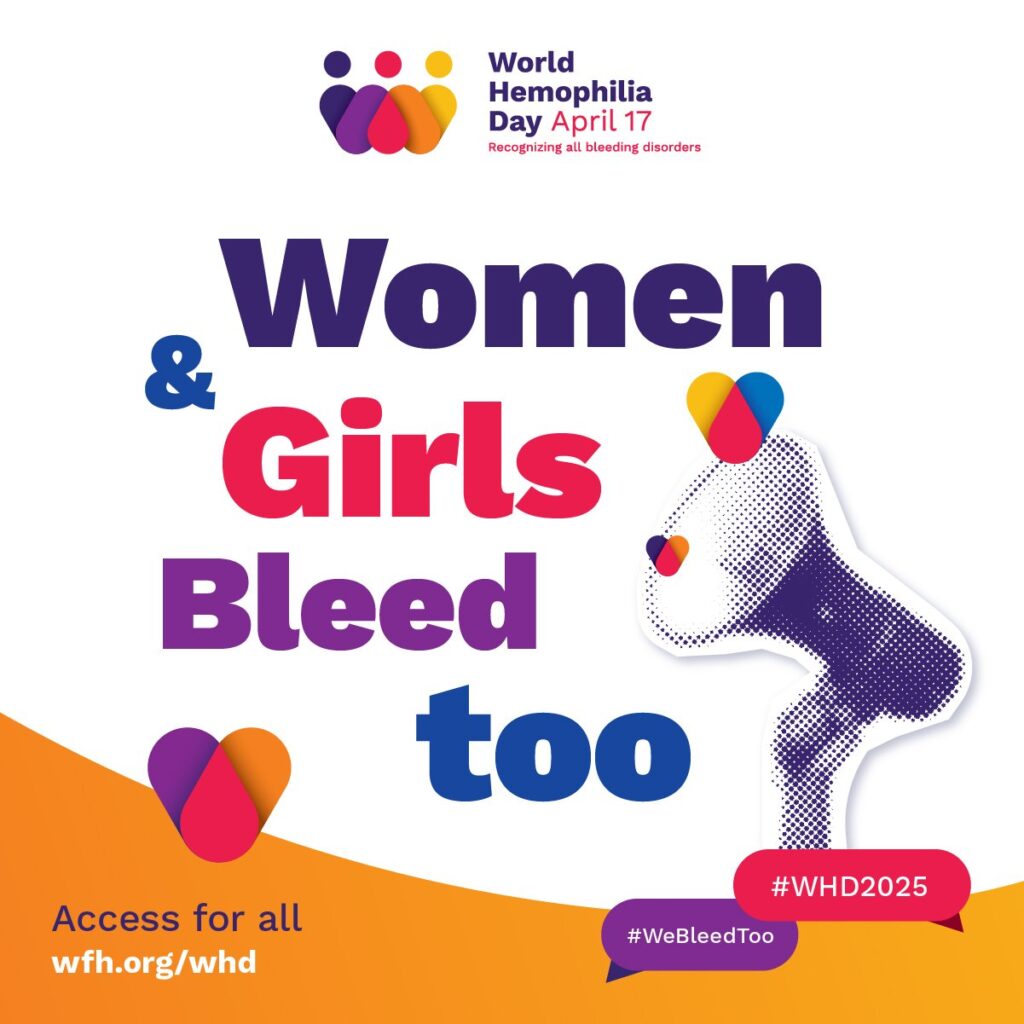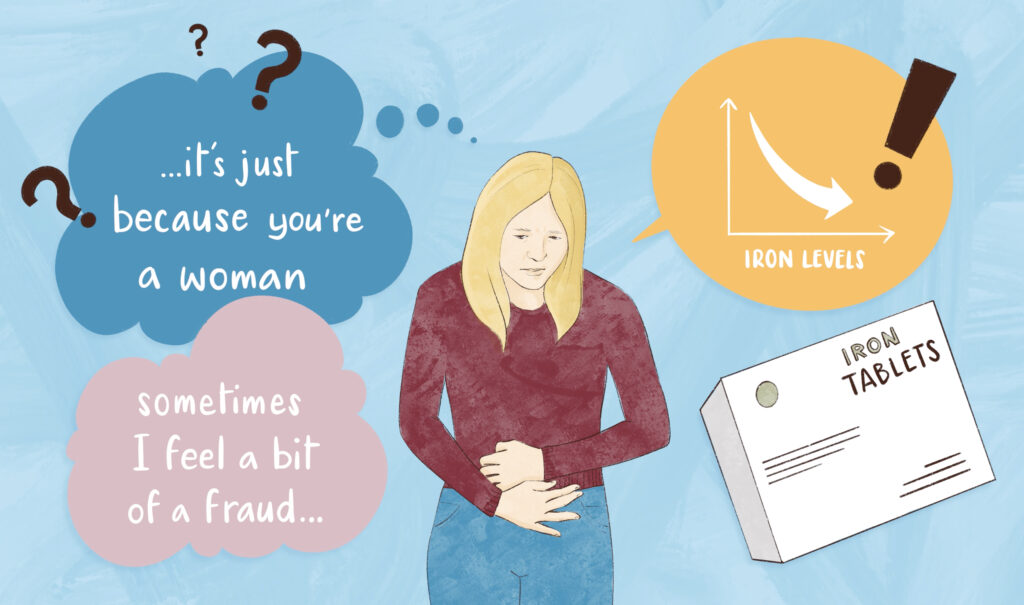Providing haemophilia care from Truro to Lands End and beyond
Few parts of the UK exemplify this better than Cornwall, a large and geographically isolated peninsular where the resident population of 530,000 people can increase by as much as 55% in the summer months.
At this year’s HNA meeting, Sarah Johns, haemophilia nurse in Truro, revealed some of the unique challenges she and her colleagues face in providing care to people with haemophilia.
Truro is one of 42 designated Haemophilia Treatment Centres (HTCs). As well as meeting the government agenda of providing treatment closer to home, HTCs must provide safe, accessible and effective care and provide emergency care. For Truro, this includes several island communities. “Yes, there are patients living in these remote areas, from Lands End to Tresco,” Sarah explained.
HTCs must also measure up against other NHS audit data such as the Friends & Family Test and CQC inspections, although they lack formal UKHCDO guidelines and audit, which raises further challenges for self-evaluation.
Being so far from all specialist centres and main transport hubs makes it difficult for the small team in Truro to attend many meetings within the haemophilia community – perhaps not surprising when the nearest international airport is Exeter, which is 2.5 hours away. “Sometimes you feel like you’ve been left out of the loop but there is a limit to the number of meetings you can attend.” And, of course, there is always the worry of “what happens when I’m not there?”.
Sarah also shared the positives of working in this environment. “The smaller patient community offers the opportunity to really get to know the patient and families well. Also, due to fairly static local staff, it is easy to know exactly who to ask, about certain issues when they arise, though I can always do it my way. And working in one of the most picturesque parts of the UK has its obvious benefits!”
“Joint working between CCCs and HTCs can benefit all, but it is reliant on effective communication and support from the separate centre teams.” Sarah’s take home message highlighted the distinct role HTCs play in delivering care closer to home for patients, stressing that CCCs are also crucial in enabling such local care to be delivered.


